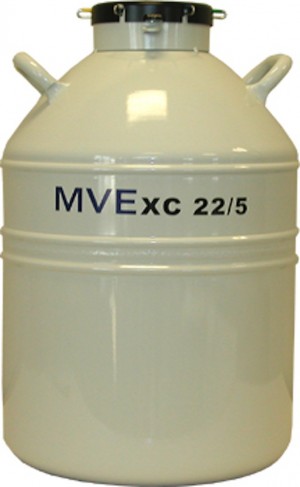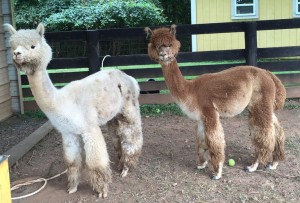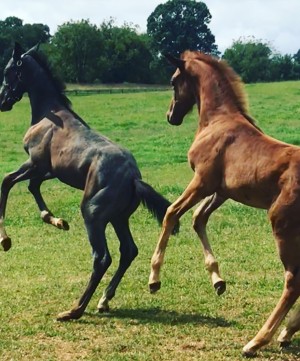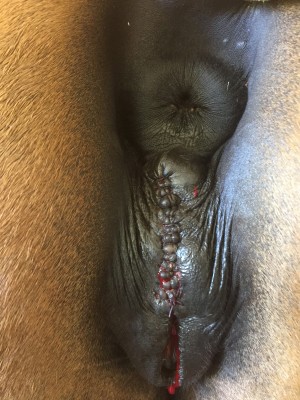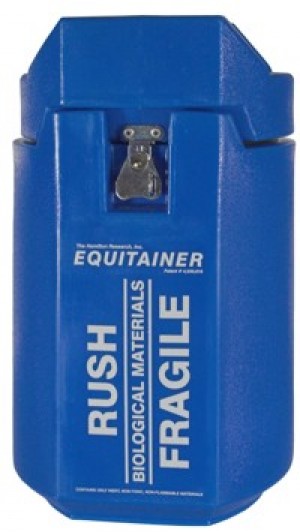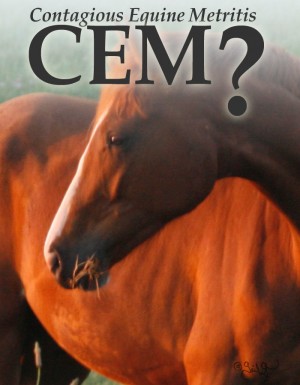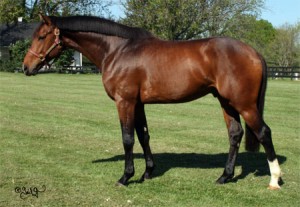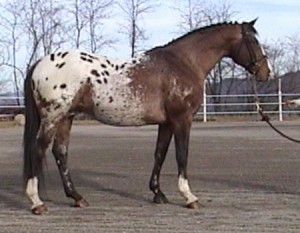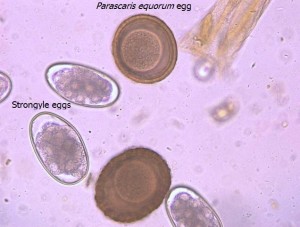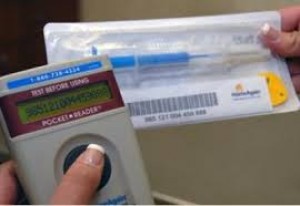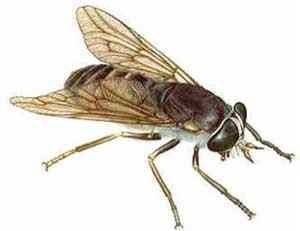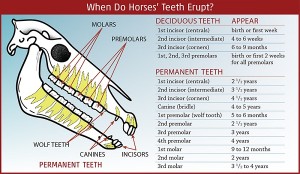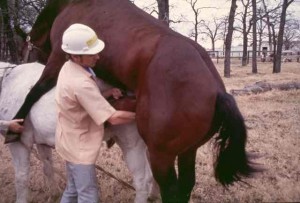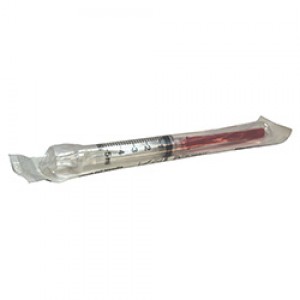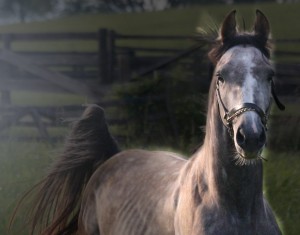West Nile Virus Update and Review
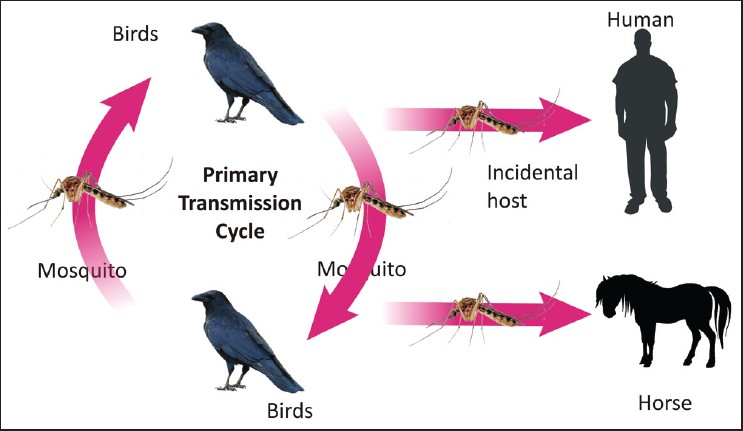
West Nile Virus (WNV) is a Flavivirus affecting both horses and humans as dead-end hosts. This means that if a horse were to be infected with the virus, the virus cannot be transmitted to other horses. The virus is propagated in birds, primarily sparrows, finches. pigeons and crows, and is disseminated by mosquitoes. Clinical signs of infection occur in 5-20 per cent of horses affected with the remainder having only very mild symptoms or non-clinical infection. When a mosquito carrying the virus takes a blood meal on a horse, the time to onset of fever or other clinical sign of infection (incubation period) is from 3 to 15 days. The fever associated with WNV infection is often not noticed by owners, or it is very mild and short-lived. The most frequent clinical signs include: increased rectal temperature, weakness or ataxia, and muscle fasciculation (i.e., twitching, quivering, shaking). Paresis (muscular weakness) was more common than ataxia (an inability to coordinate muscle activity during voluntary movement) although both could be asymmetrical and multifocal. Other clinical signs might include anorexia (loss of appetite), depression, colic, lameness, teeth grinding, and blindness. In outbreaks reported in the literature, mortality (death loss) from WNV infection has ranged from 20 to 60 per cent.
Treatment for horses with WNV infection is non-specific and supportive. Various clinical reports have used anti-inflammatory medications, oral and intravenous fluids, antimicrobials to prevent secondary infection, and slinging of recumbent horses. Vaccinated horses have become infected, but clinical signs of infection have been reported to be less severe. Diagnosis is based upon clinical signs accompanying a definitively positive blood (serum) test using the IgM / IgG Capture ELISA test.
The disease follows a seasonal pattern in most outbreak situations with an increase in mosquito activity preceding clinical signs and symptoms in horses by 1-3 weeks. Most outbreaks occur from August to October in North America. Horses should be vaccinated against WNV infection annually just prior to the beginning of the mosquito season in respective geographic regions of North America. In naive (non-vaccinated horses) a series of 2 to 3 booster immunizations are advised separated by a 3 to 4 week interval, be sure to read and follow the specific vaccine label recommendation. Four USDA licensed vaccines are currently available: two are inactivated (killed virus) whole WNV vaccines, one is a non-replicating live canary pox recombinant vector vaccine, and one is an inactivated Flavivirus chimera vaccine. All of the current WNV vaccine products carry a one-year duration of immunity, however in warm humid conditions late in the year (e.g., October, November), re-vaccination may be advised.
November 6, 2018
By William B. Ley, DVM, MS, DACT
Dr. William B. Ley DVM, MS, DACT Services
Related Links
Allowed: 64M/67108864KB.
Current: 8505KB. Peak: 8575KB.



